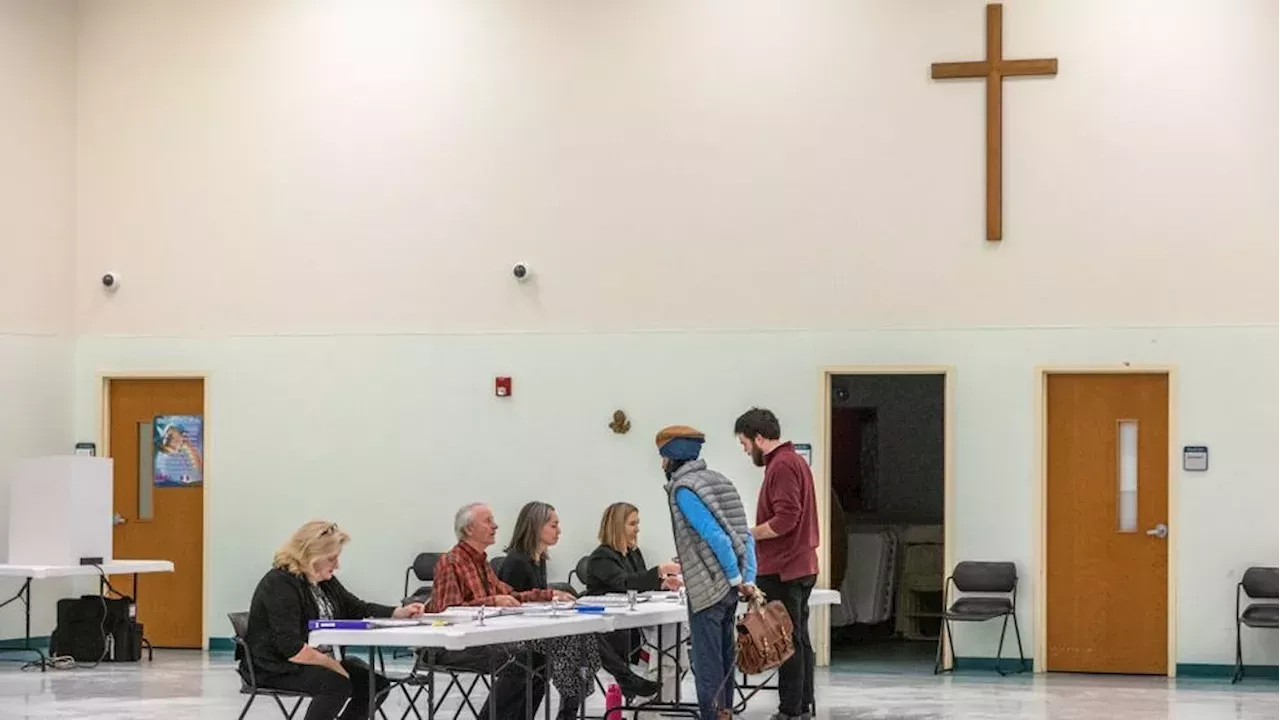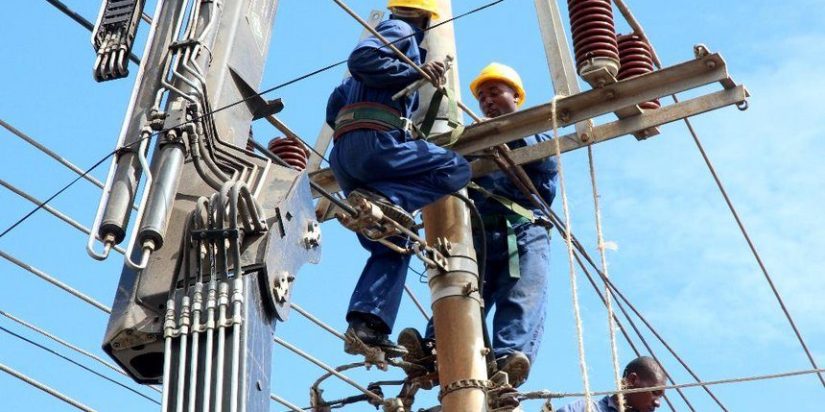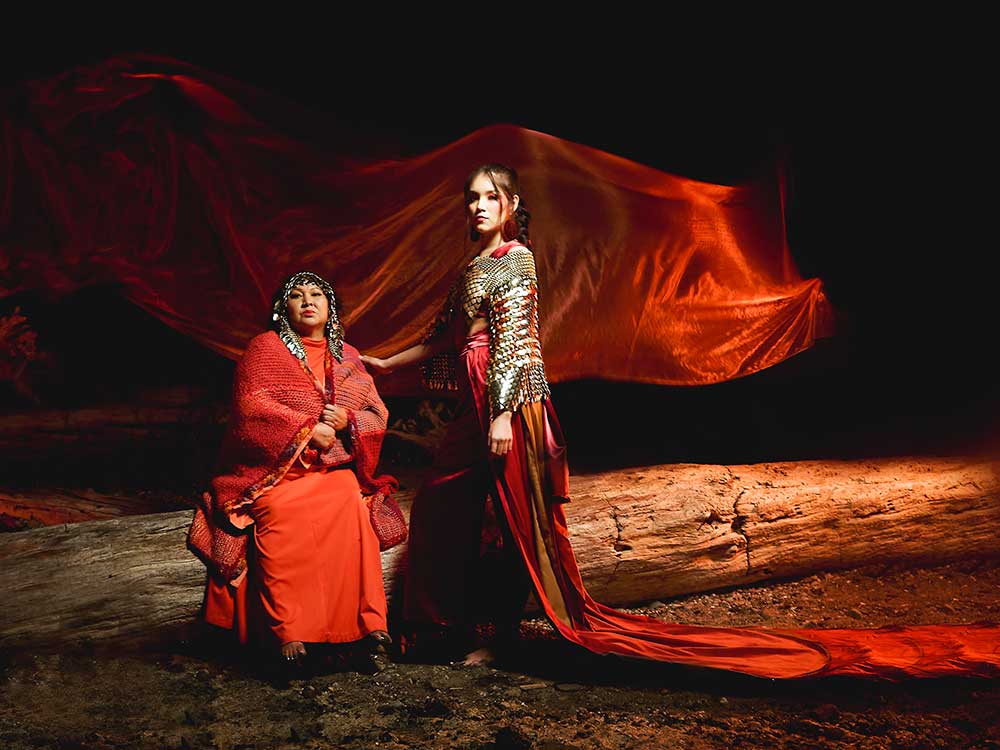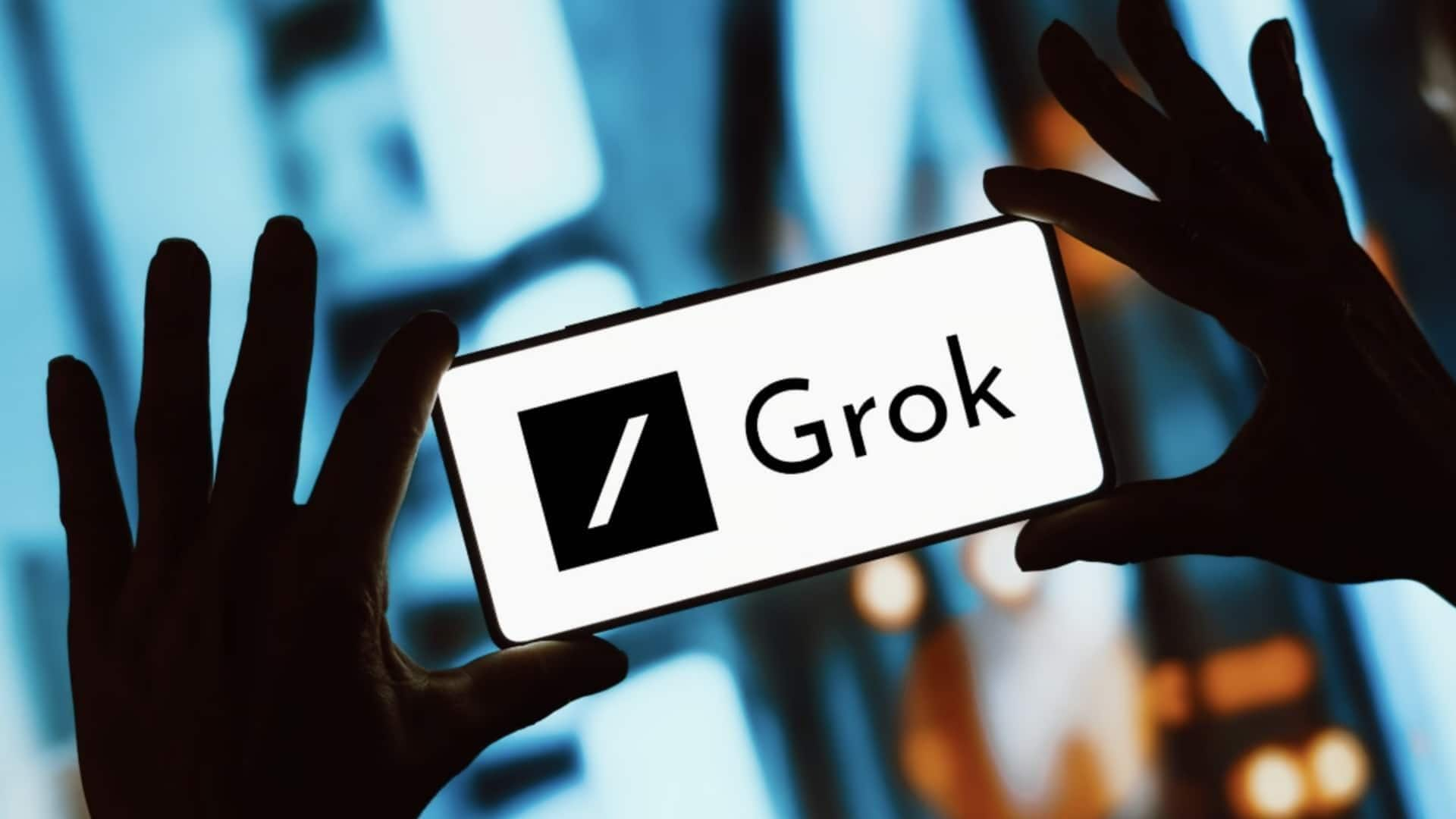
CHARLOTTE, NORTH CAROLINA - MARCH 5: Voters arrive and check in on Super Tuesday at Mt. Moriah Primitive Baptist Church, Precinct 11 Mecklenburg County, on March 5, 2024 in Charlotte, North Carolina. 15 States and one U.
S. Territory hold their primary elections on Super Tuesday, awarding more delegates than any other day in the presidential nominating calendar. On Monday, Former President Trump met with faith leaders in North Carolina, to discuss religious freedom and the importance of protecting the faith communities.
Both Trump and Harris have made outreach attempts with different religious groups and communities, and for good reason.By far the largest proportion, 68%, identify with a Christian religion, including 33% who are Protestant, 22% Catholic and 13% who identify with another Christian religion or simply as a "Christian. Starting with the most widely practiced religion in America, Protestants, who make up 33% of Christians, mostly align with the Republican party – 59% of them to be exact.
But the results are far different when you factor in race. White Evangelical Protestants overwhelmingly lean Republican, while black Protestants overwhelmingly lean Democrat, with 85% of white protestants registered as Republicans and 84% black Protestants registered as Democrats, according to Pew. We have summarized this news so that you can read it quickly.
If you are interested in the news, you can read the full text here. Read more:.








